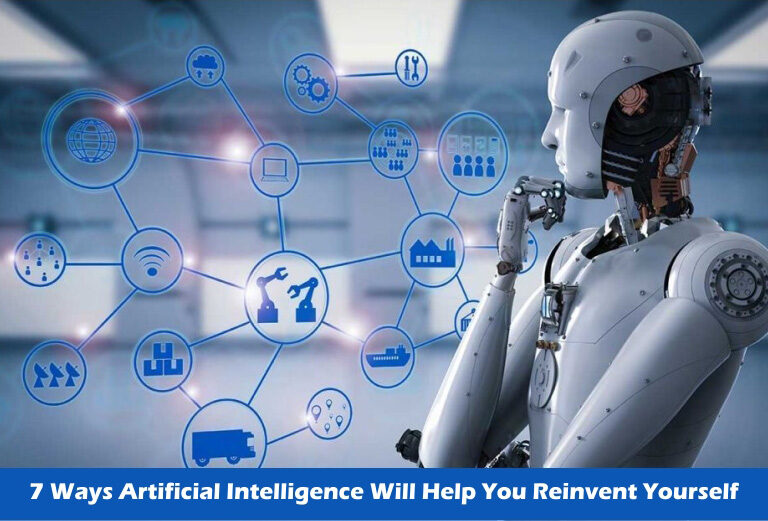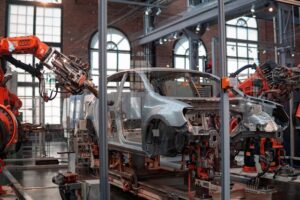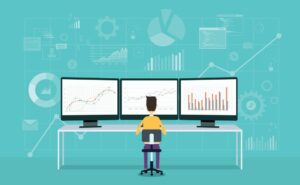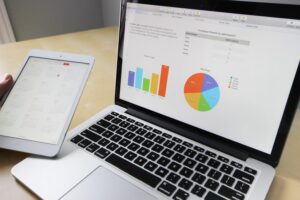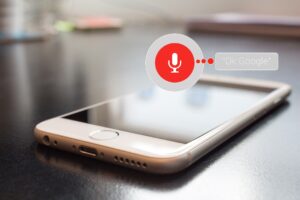AI is in its infancy stage. Suggestive searches, voice-detection technology and autonomous cars are only some of the ways that artificial intelligence has affected our lives. Let’s look at some of the ways how AI will help to reinvent yourself:
> Personalized Employee Experiences
One of the recent studies discussed how AI can effectively be wicker into an employee’s onboarding program. New employees who typically want to meet people and acquire information typically may not know where to go. They can ask their desk neighbor. But, if he/she works in a separate department then?
IBM is looking to create a system that will answer a new employee’s most pressing or job critical questions to help get them up to speed fast. An AI, for instance, could offer training suggestions or give the names, locations and contact info for people he/she should look to connect with on his first day or so.
> Cognitive-Supporting Decision-Making
Given below are some of the ways by which AI influence Cognitive-Supporting Decision-Making.
- Vacation requests – Employees that want to put in for vacation days are informed that it is unlikely to be approved as many others have already booked a vacation in that time frame.
- Determining your mood – An employee takes a client call. After the call, the employee receives feedback that he seems anxious and should take a break before his meeting.
- Team training – When an organization wants to take a more systematic approach to employee training, team managers are provided with a list of training opportunities for team members.
- Hiring processes – A hiring manager has presented with information that the company’s recruitment approach falls short because it interviews too few candidates. Cognitive solutions assist corporations tap into various data sources and share the latest insights to help corporations generate candidate profiles, among other things. AI course can help you more to learn about this process.
> Automation of ‘Repetitive, Low-Value Add Tasks’
AI presents an opportunity for HR to automate repetitively, low-value add tasks and increase the focus on more strategic work. For instance, an HR spending time processing the steps of onboarding a new employee (allocating space, provisioning a laptop, etc.) Saving time in those areas can help HR teams pivot to assure they focus on value-add work like mentoring and continuous feedback.
While AI tools automate away basic HR tasks like benefits management and triaging general questions and requests, HR teams will be free to do more creative and strategic work that has a greater impact on the success of their businesses.
> Recruiting Process
Applicants and employees expect custom experiences tailored to their unique needs as they apply for a new job, choose the right benefits or explore development opportunities.
Companies have implemented a new strategy so-called AI recruiters to automate scheduling interviews, provide ongoing feedback to candidates and answer their questions in real time. This allows human recruiters to spend more time converting candidates to hires.
> Smarter People Analytics
For years, companies or organizations have been collecting data on their customers to gain insights to predict future behavior.
In the never-ending war for talent, companies will look to find innovative ways to attract top talent. Technologies that boost the candidate experience and meet the candidate’s digital expectations will help distinguish corporations from one another.”
> Removing Biases
One of the recent surveys found that even when employers strive to be inclusive, they may subconsciously lean toward candidates who are most like them, or what they call unconscious bias. Another bias, language bias, has been discovered by a psychological tool called the Implicit Association Test (IAT) that shows that people’s subconscious word associations indicate bias. Now, thanks to AI, algorithms can be invented to help employers recognize and remove these bias patterns in the language they use to enhance their hiring communications and welcome diverse applicants.
AI could also present managers with candidates who may have been screened out due to the human tendency to favor candidates with related traits or competencies
> Identifying Employees on the Way Out
AI platforms are designed to single out employees that may be heading for the exit door. It tracks employee computer activity — emails, keystrokes, internet browsing, etc. — and stores it for one month and executes an AI system that examines the data to find out a baseline of normal activity patterns in the company.
Conclusion
As much as the HR technology landscape continues to be disturbed by AI, HR teams need to balance these cognitive tech advancements with transparency.
Kritesh a Professional Blogger and Writer. Connect here at Linkedin
Also Read : Recruitment That Works With Artificial Intelligence

